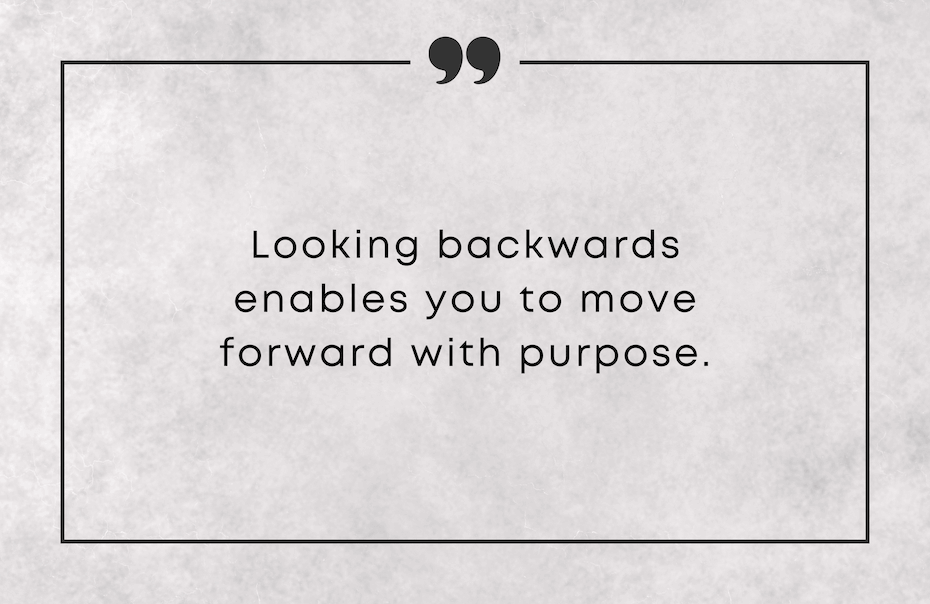Without a doubt, most of us can admit that journaling is an extremely worthwhile activity, but to maximise the benefits of journaling, it is helpful to understand several key principles and strategies. Fortunately, these can be categorised into three overarching principles that encapsulate the essence of journaling.
Here are the three golden rules of journaling that every enthusiast should know.
1. Consistency is Key
The first golden rule of journaling is consistency. Consistency is how habits are formed, so it is important to establish a regular journaling routine to get the most out of it. Choose a specific time each day or week to write in your journal, such as during your morning coffee or right before bed at the end of the day.
Consistency doesn’t mean you have to write lengthy entries every time. Jotting down just a few sentences regularly can make a big difference. The goal is to integrate journaling into your routine so that it becomes a natural part of your day. Over time, this habit will help you create a meaningful and continuous narrative of your life.
Tips for Maintaining Consistency
- Set a Reminder: Use phone alarms or calendar notifications as reminders to journal.
- Be Realistic: Start by scribbling just a few lines daily if you are new to journaling, and gradually increase as you become more comfortable.
- Create a Ritual: Pair journaling with another daily activity, like morning meditation/prayer or winding down for the night.

2. Be Honest and Authentic
The second golden rule of journaling is honesty. Your journal is your private space for true self-expression, so it is essential to be candid about your thoughts, emotions, and experiences. Authenticity in your journaling allows for deeper self-understanding and emotional clarity.
Avoid self-censorship. Write freely about your fears, dreams, achievements, and challenges, as this level of honesty will make your journaling more effective as a tool for personal insight and growth.
Tips for Authentic Journaling
- Be Free: You can be messy and make spelling mistakes, just let your thoughts flow freely.
- Be Vulnerable: Challenge yourself to write about difficult or uncomfortable subjects openly.
- Use Prompts: If you find it hard to be honest, use journaling prompts that encourage deep reflection, like “What am I avoiding?” or “What are my true feelings about this situation?”

3. Reflect and Grow
The third golden rule of journaling is reflection. Journaling isn’t about just dumping your thoughts onto a piece of paper. Regularly review your journal entries to identify patterns, recurring themes, and areas for growth. This reflection will help you to gain perspective and make informed decisions.
Reflection isn’t just about looking back but also about setting goals for your future. Use the insights you gain from your journaling to set meaningful, specific, and achievable goals, where you can then track your progress. By doing this, your journal can serve as both a mirror and a roadmap for personal development.
Tips for Reflective Journaling
- Regular Reviews: Schedule regular times to read through your journal entries, e.g. monthly, quarterly, or yearly.
- Highlight Insights: Take note of important insights or recurring themes.
- Set Goals: Use your reflections to set achievable goals and document your progress.

By following these three golden rules, you can enjoy all the fantastic benefits that journaling has to offer. So, commit to showing up regularly, allow yourself to be messy and unfiltered, and grow from the personal insights that emerge.





